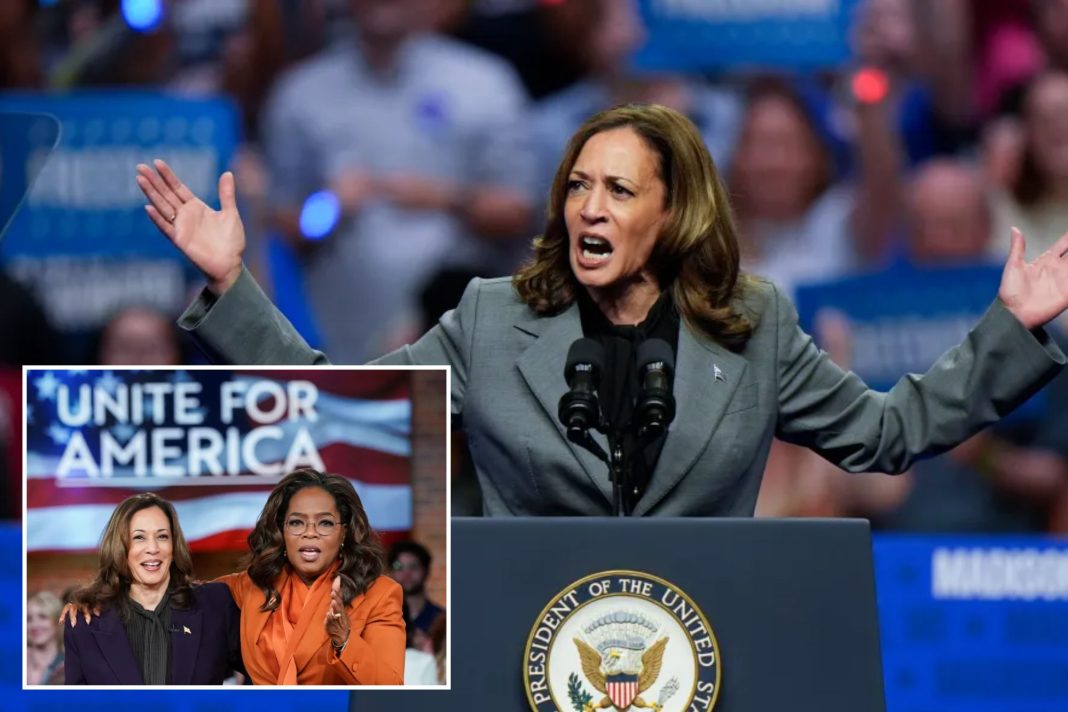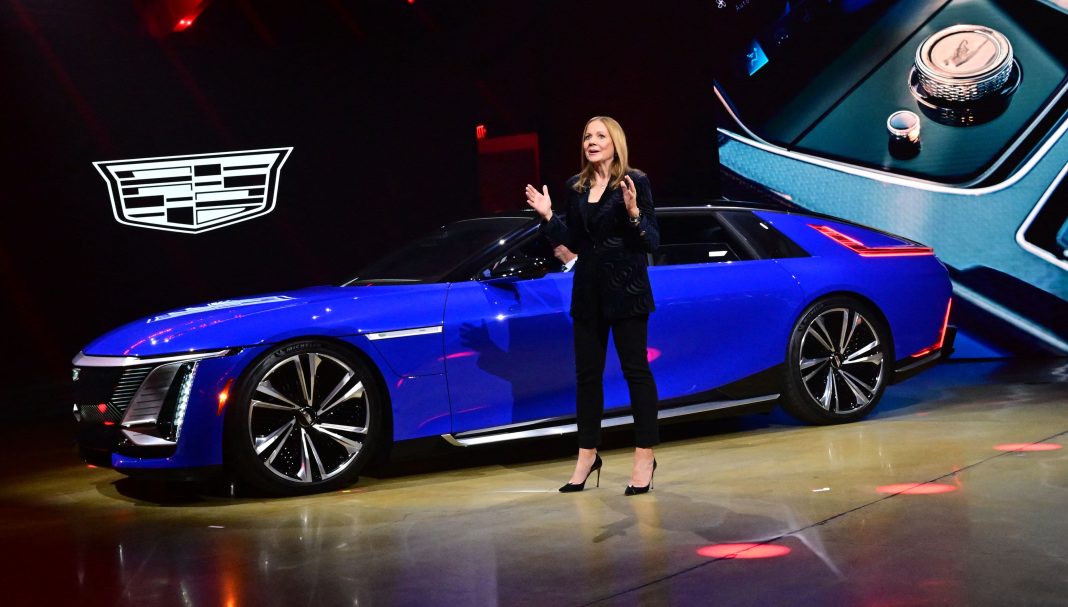Vice President Kamala Harris has found herself at the center of criticism following a series of recent interviews, where observers noted a tendency to skirt direct questions and provide vague responses. This has raised eyebrows among political commentators and voters alike, who are increasingly looking for substance in a political landscape dominated by noise and uncertainty.
In her discussions with prominent media figures, including Oprah Winfrey and members of the National Association of Black Journalists, many felt that Harris missed an opportunity to engage in a meaningful dialogue about pressing issues, particularly concerning illegal immigration and the ongoing Israel-Hamas conflict. Critiques from seasoned journalists like Peggy Noonan of The Wall Street Journal have underscored this sentiment. Noonan described Harris as an “artless dodger,” arguing that her refusal to provide clear answers is not just frustrating but also a disservice to the electorate. “It is wrong that she can’t or won’t address them. It is disrespectful to the electorate,” she asserted.
Todd Purdum, a former White House correspondent, echoed these concerns, emphasizing that in a political climate where Donald Trump garners significant attention—often through sensationalist rhetoric—Harris cannot afford to remain vague. He highlighted that voters are seeking clarity, especially in an election where Harris trails behind Joe Biden’s 2020 numbers among certain demographics. “Direct, succinct answers from Ms. Harris would go a long way—perhaps longer than she realizes—toward persuading voters that they know enough about her and her plans,” Purdum stated.
Interestingly, not all pundits share this view. Figures like Hillary Clinton and MSNBC’s Stephanie Ruhle have suggested that Harris’s approach may be strategic. Clinton argued that having extensive policy details did not necessarily translate to voter support during her own campaign against Trump in 2016, implying that the emotional connection and perception of leadership may outweigh specifics. Ruhle, on the other hand, posited that with Trump as her opponent, Harris’s campaign didn’t need to focus on perfection but rather the clear differences between the two candidates.
Despite this argument, a growing chorus of voices—including anti-Trump columnist Bret Stephens—has called for Harris to engage more directly with challenging questions. In a recent op-ed, Stephens lamented that it should not be difficult for Harris to articulate her views on urgent policy matters and the broader American interest in a world fraught with challenges. He urged her to step beyond rehearsed talking points, suggesting that a more genuine engagement with voters could foster a sense of trust and connection.
Critics point to specific instances where Harris did not adequately respond to questions. For example, during an interview, when asked whether voters are better off than they were four years ago, Harris’s answer focused heavily on the achievements of the current administration without directly addressing the sentiment of the question. Observers like CNN political commentator Scott Jennings highlighted this evasiveness, questioning why she seems reluctant to provide straightforward responses to what he deemed basic questions that any presidential candidate should be prepared to answer.
The lack of a formal press conference since Harris became the nominee has only intensified the scrutiny. Reports indicate that during her recent appearances, including at the NABJ event, she often returned to familiar talking points rather than engaging substantively with the inquiries posed to her. This pattern of behavior has led to accusations of her “sticking to the script,” which may alienate voters who crave authenticity and transparency.
As the election cycle heats up, the pressure on Harris to clarify her positions and connect with voters grows. With polls indicating a tight race, the ability to communicate effectively and directly could be pivotal in shaping public perception and garnering support. Voters are not just looking for a candidate who can recite policies—they want to feel understood, valued, and assured that their concerns are being addressed earnestly.
In a political environment rife with division and uncertainty, the demand for transparency and directness has never been more critical. As Harris navigates this intricate landscape, the decisions she makes in her communications strategy will undoubtedly play a significant role in her campaign’s success or failure. It remains to be seen whether she will heed the calls for more direct engagement or continue to play it safe with scripted responses. Ultimately, the electorate will decide if they can connect with a leader who proves to be more than just another voice in the political cacophony.

